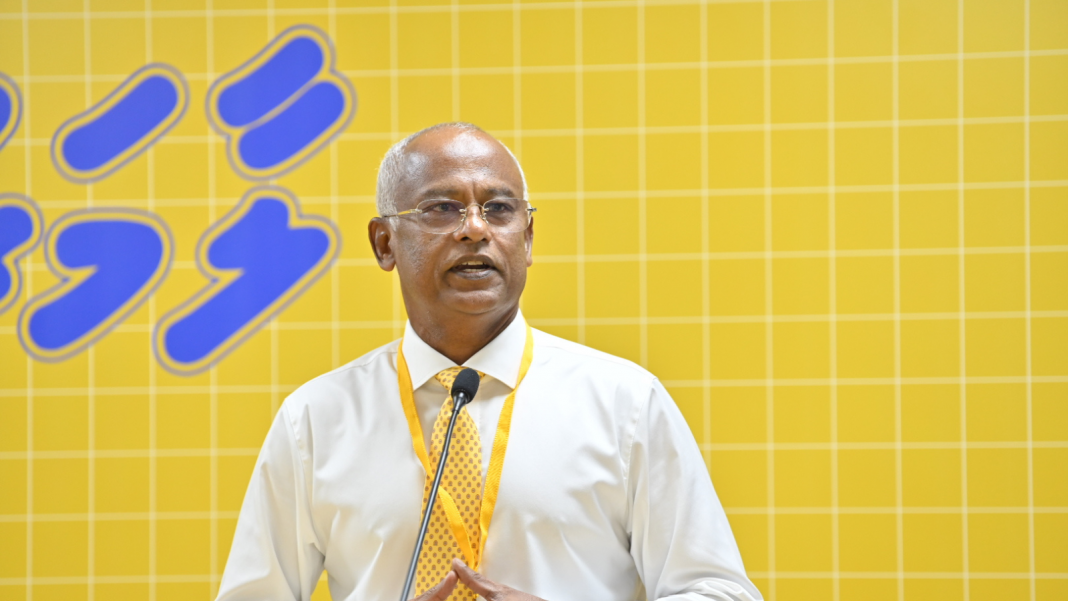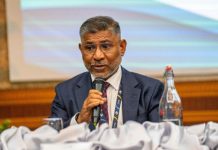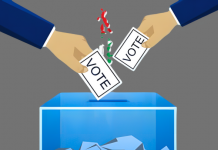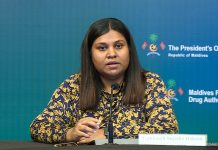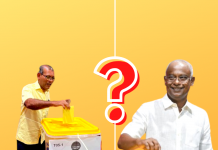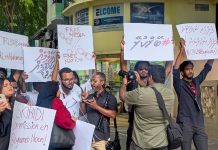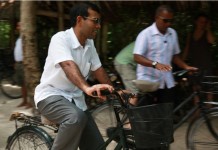Former President Ibrahim Mohamed Solih has raised some serious alarms about the direction in which the current government is heading. His concerns, shared during the MDP’s “Decentralization Relations” conference in Kulhudhuffushi, paint a troubling picture of a government that is dismantling the very system that empowers local councils and communities across the Maldives. This attack on decentralization could have lasting consequences on our democracy, and as citizens, we should all be paying attention.
President Solih pointed out that the government’s moves, particularly the creation of an Atolls Ministry, are stripping powers away from the councils and centralizing authority in Male’. This, he says, goes against the MDP’s long-standing belief that local councils should have the power to make decisions for their communities. The PPM-PNC government, according to Solih, has always been against decentralization, and now we see them undermining it once again.
But Solih’s concerns go deeper than just decentralization. He warned that the current administration, led by President Dr. Mohamed Muizzu, is steering the country towards dictatorship. While we may still have elections, democracy is about more than just voting. It’s about ensuring that power is not concentrated in the hands of a few and that local communities have a say in how they are governed. By slowly taking away these rights, the government is showing its true colors.
Solih also raised valid concerns about the economy. He accused the current administration of making unrealistic pledges to win votes, without any proper planning or calculations. Now, as we see these promises unraveling, it is clear that the lack of foresight is taking a toll on the country. President Solih didn’t hold back in criticizing how strained relations with neighboring countries have damaged the Maldivian economy, particularly our relationship with India.
The numbers are staggering—Solih pointed out that the Maldives lost around MVR 3.2 billion in just the last eight or nine months due to a significant drop in Indian tourists. This is a direct result of reckless statements made by government officials that have harmed our diplomatic relations. Who is responsible for this economic fallout? As Solih rightly said, those in power must be held accountable.
Another key point Solih made was about fear—how every time the PPM-PNC comes to power, it creates an environment of fear among both the people and investors. This fear, he argues, is making it difficult for the MDP to raise funds, which is crucial as the opposition continues to work towards reform.
As President Solih emphasized, the MDP will not sit idly by. They will work towards protecting decentralization and ensuring that the government does not trample on democratic principles. But he also called on MDP members to step up and play an active role in defending these values.
At this critical time in our nation’s history, we cannot afford to remain passive. The concerns raised by President Solih should serve as a wake-up call to all of us. If we are not careful, we may find ourselves sliding down a path towards dictatorship, with our rights and freedoms slowly eroding. It is up to us, the people, to ensure that democracy remains alive in the Maldives.

